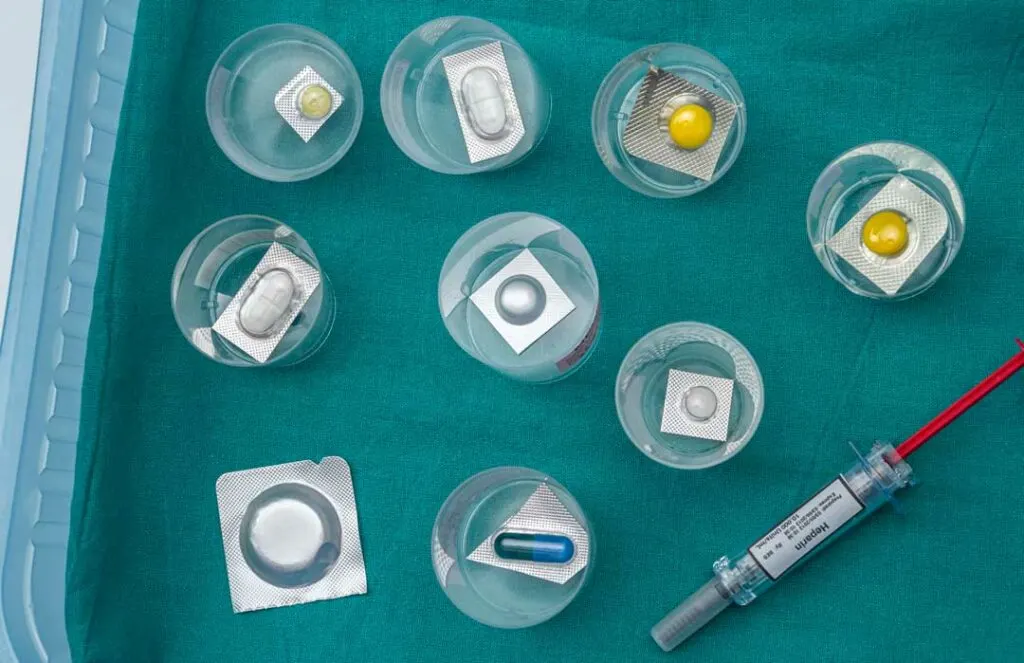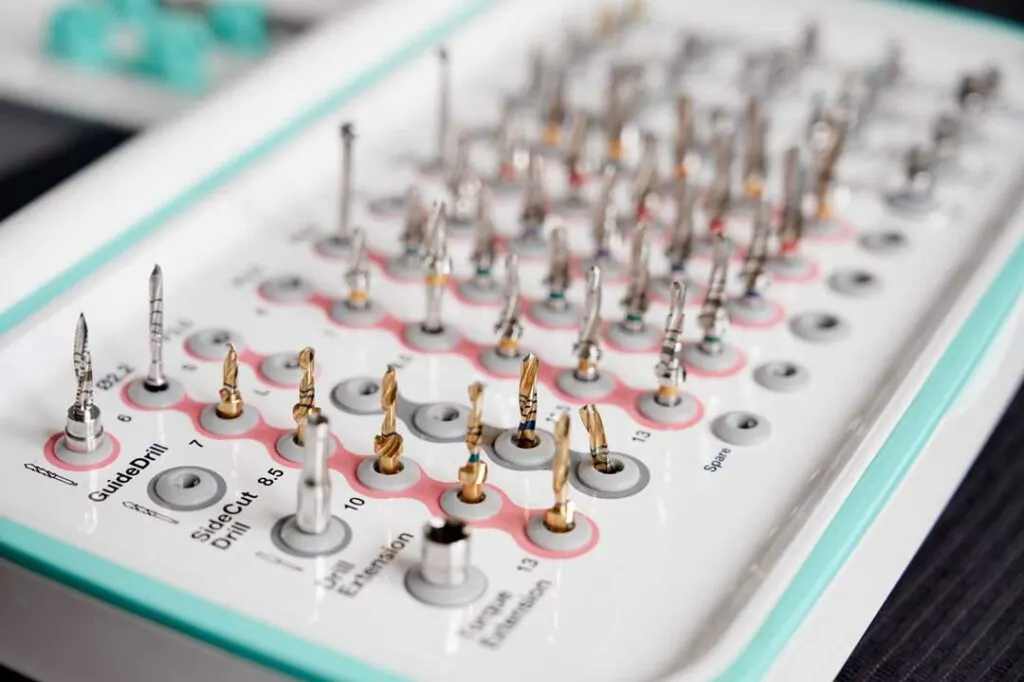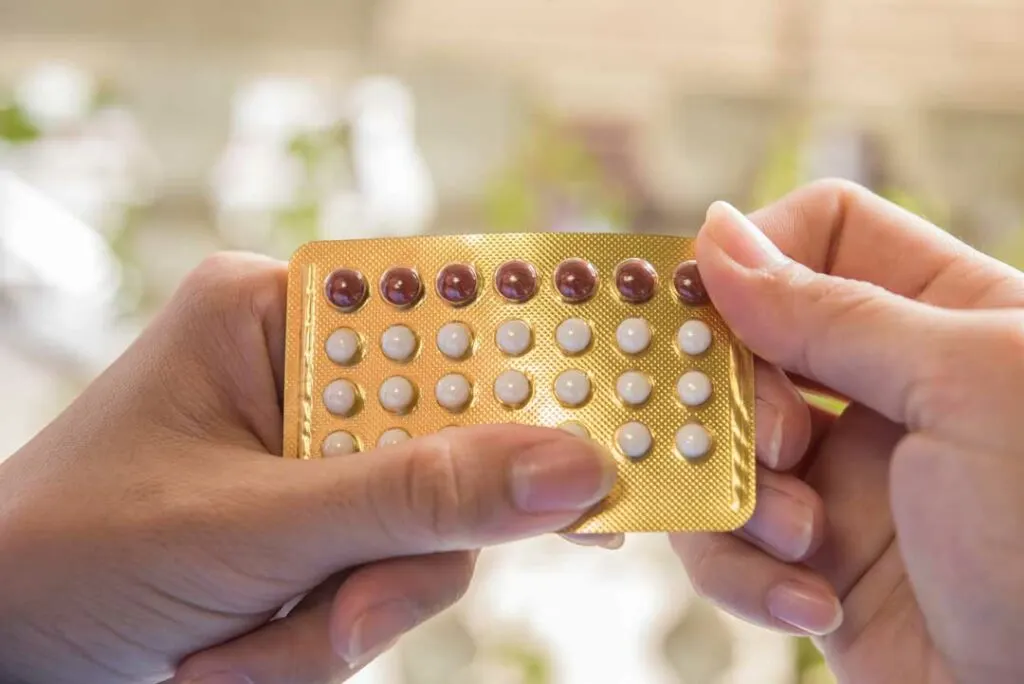Struggling to choose between contraceptive implants vs IUDs? Discover their differences, benefits, and how to find the right fit for your needs.
Choosing the right birth control can be daunting, especially when comparing contraceptive implants vs IUDs. Let’s break down these two long-term options to help you decide which suits your health, lifestyle, and family planning goals.
Contraceptive Implants vs IUDs: Which Is Right for You?

In the realm of reproductive health, choosing the right contraceptive method can feel overwhelming, especially with so many options available. Among the long-term solutions are contraceptive implants and intrauterine devices (IUDs), both of which offer unique benefits and considerations.
Whether you’re seeking a hassle-free way to prevent pregnancy or looking for a method that aligns with your lifestyle and health needs, understanding the differences between these two options is crucial.
Let’s explore how contraceptive implants and IUDs work, their advantages, and key factors to consider when making your choice—empowering you to make informed decisions about your reproductive health.
What’s the Difference Between a Contraceptive Implant and an IUD?
Contraceptive implants and intrauterine devices (IUDs) are both long-acting reversible contraceptives (LARCs) that provide effective pregnancy prevention.

Implants are small rods placed under the upper arm’s skin, releasing progestin that prevents ovulation and thickens cervical mucus to block the sperm. This type of contraceptive is generally effective for up to 5 years.
On the other hand, IUDs are t-shaped devices inserted into the uterus. They work similarly to implants, but copper IUDs create a toxic environment for sperm. The effectiveness of this contraception varies on its type; hormonal IUDs typically last for 3 to 7 years, while copper IUDs can last up to 10 years.
Both methods are over 99% effective, meaning fewer than 1 in 100 users will experience an unintended pregnancy in a year.
Which Is a Better Contraception Method: The implant or the IUD?
When it comes to birth control, both contraceptive implants and intrauterine devices (IUDs) are highly effective options. However, the right choice for you depends on your individual needs, preferences, and circumstances.
Factors such as lifestyle, medical history, and future family planning goals play crucial roles in determining which method may be the best fit. Consulting a healthcare provider is essential to navigating these options effectively, as they can provide personalized recommendations based on your specific situation.

Advantages of Contraceptive Implants
Contraceptive implants offer several key benefits that make them an attractive option for many individuals:
- Long-term Effectiveness: Implants provide reliable contraception for up to 5 years.
- Minimal Maintenance Required After Insertion: Once inserted, implants require little to no ongoing attention. There’s no need for daily pills or monthly prescriptions.
- Suitable for Individuals Who May Forget Daily Contraception: For those who struggle with remembering to take a daily pill, implants offer a “set-it-and-forget-it” solution.
- Can Be Removed Anytime with Quick Return to Fertility: If you decide to conceive, implants can be removed at any time, allowing for a quick return to fertility.
Advantages of IUDs

IUDs also come with distinct advantages that cater to various needs:
- Longer Duration of Use: Depending on the type, IUDs can last anywhere from 3 to 10 years.
- Hormonal IUDs Can Reduce Menstrual Cramps and Lighten Periods: Many users experience lighter periods and reduced menstrual pain with hormonal IUDs, making them a suitable option for those with heavy or painful menstruation.
- Copper IUD Is Hormone-Free: The copper IUD is ideal for individuals who prefer or need to avoid hormonal contraception due to medical reasons or personal preference.
Factors to Consider When Choosing Your Contraception Method
When deciding between contraceptive implants and intrauterine devices (IUDs), it’s essential to evaluate various factors that can influence your choice.

Your Medical History
Implants are generally safe for most women, but those with a history of blood clots, liver disease, or certain cancers may be advised against using hormonal implants due to increased risks associated with the hormone progestin they release.
The copper IUD is hormone-free and can be a good option for women who cannot use hormonal contraception. However, individuals with uterine abnormalities or severe pelvic infections may not be suitable candidates for IUDs.
Your Lifestyle
If you travel frequently or have limited access to healthcare, both implants and IUDs are advantageous as they require minimal maintenance once inserted. They are “set-it-and-forget-it” methods that do not require any pre-sex preparation or reminders.
Future Family Planning

Your future family planning goals are vital in choosing the right method. Both implants and IUDs are reversible. If you plan to conceive soon, either option allows for immediate pregnancy potential upon removal.
Side Effects
With implants, users may experience irregular bleeding, headaches, mood changes, or breast tenderness. While many find their periods become lighter or stop altogether, some may have prolonged bleeding initially.

Hormonal IUDs may lead to lighter periods and reduced cramps, while the copper IUD may cause heavier periods and increased cramping initially. Discussing these side effects with your healthcare provider is essential for understanding what to expect.
Cost Considerations
In Singapore, the costs associated with contraceptive implants and intrauterine devices (IUDs) are generally considered cost-effective over time. Contraceptive implants typically range from $400 to $600, which includes both the device and the insertion procedure.
In contrast, the cost of IUDs varies based on the type; a hormonal IUD usually costs between $400 and $500, while a copper IUD can range from $150 to $300 for insertion.
Some health insurance plans in Singapore may cover the full costs of these contraceptive methods, including insertion fees. Additionally, government programs and family planning clinics may offer subsidies or free services for eligible individuals, further enhancing accessibility.
Implants vs IUDs: Comparing Long-Term Birth Control Options

Contraceptive implants and intrauterine devices (IUDs) offer unique advantages tailored to different lifestyles and health considerations. It is crucial to weigh these factors carefully to determine which is the most suitable for you.
We strongly encourage you to consult with your healthcare provider, who can offer personalised advice based on your specific circumstances and medical history. For further guidance, consider scheduling a consultation or visiting a trusted clinic to help you support your health and future family planning goals.

Jessi is the creative mind behind The Coffee Mom, a popular blog that combines parenting advice, travel tips, and a love for all things Disney. As a trusted Disney influencer and passionate storyteller, Jessi’s authentic insights and relatable content resonate with readers worldwide.
